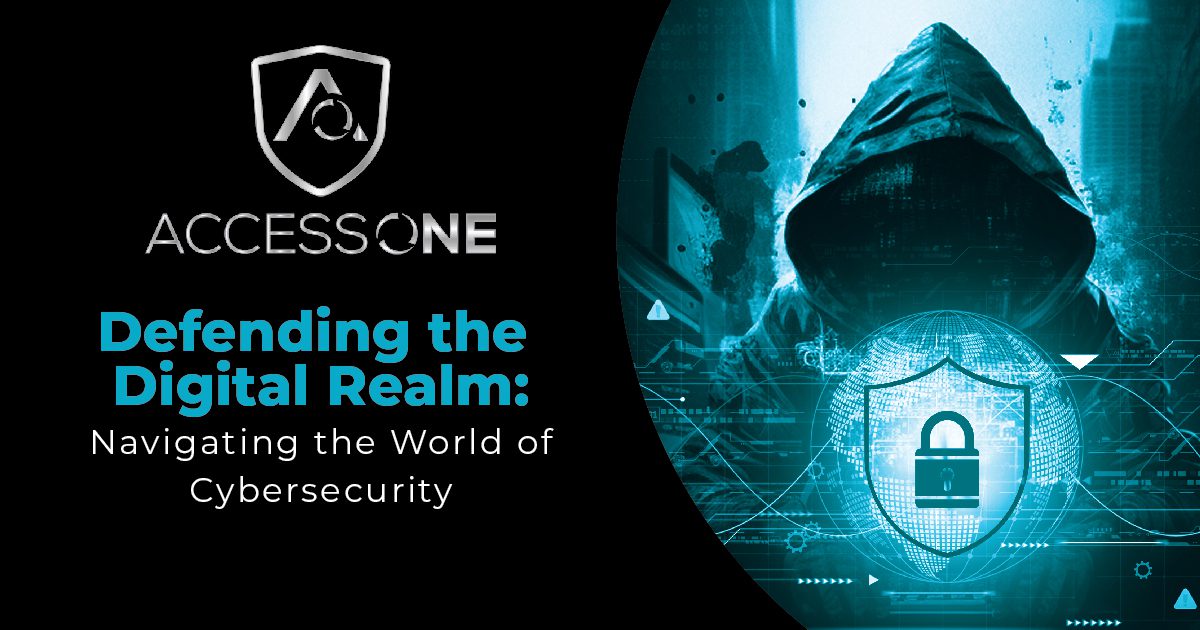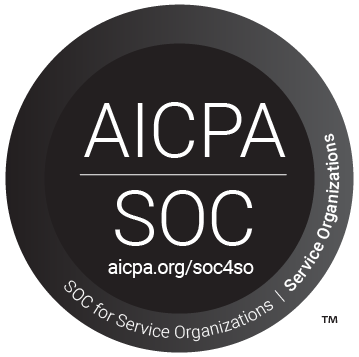by Ryan O’Halloran, CTO, Access One
Establishing information security policies in your organization should be your number one priority for a few reasons. As certain industries get more regulated, businesses must be prepared to meet compliance and regulatory demands and demonstrate that they have written policies in place that will keep their businesses protected. Failing to do so – and leaving security behind – can easily translate into bigger problems in the future.
Establishing information security policies and adopting a cyber security framework can ensure your business stays compliant and continues to operate without major consequences. Below are a few considerations for today’s businesses when thinking about beginning to approach cyber security for your organization.
Why Have a Policy?
Implementing security policies is crucial for businesses that want to remain compliant and up to date with industry regulations. Doing so will allow you to guide behavior in order to mitigate risk and ensure that you have a solid foundation for your security plan. As more businesses feel the pressure to implement security policies, it can be easy to feel overwhelmed by the number of options available.
So instead of asking yourself “why implement a security policy?”, ask yourself “how.” The good news is that what is being asked of you and what you’re looking for is actually out there, and it’s affordable and effective. If you’re planning to put together a framework of IT policies, here are some critical components to keep in mind when creating your organizations’ security plan:
- Acceptable Use Policy (AUP)
- Security Awareness
- Information Security
- DR/BCP
- Change Management
- Incident Response
- Remote Access
- BYOD
- Vendor Access
- Media Destruction, Retention & Backups
Free Whitepaper: Keep Up With Modern Cyber Security Standards
NIST Cyber Security Framework (CSF)
It’s no secret that there’s a lack of security standards when it comes to how companies deal with risks to their businesses. Best practices, policies, technologies, and guidelines all differ from business to business. As cyber threats become more common and as organizations are pressured to implement security policies, businesses are often left overwhelmed with their need – not knowing where or how to get started. What’s more, businesses often can’t rely on each other for information or “best tips” when it comes to addressing their own cyber threats. But with NIST Cyber Security Framework, this is all possible.
NIST CSF was designed to get everyone working together under a set of rules, guidelines, and standards. The framework allows for better organization and increases visibility in order to run your cybersecurity program more efficiently. It’s also scalable and flexible which can serve to meet the needs of businesses – regardless of size.
What’s more, this cyber security framework has thousands of contributors from various organizational structures and industries which provides useful guidance and knowledge you can leverage.
This collaborative framework covers five critical functions:
- Identity
- Protect
- Detect
- Respond
- Recover
At Access One, we recommend the implementation of NIST. Its ability to follow a strategic set of cyber security controls and scale according to your business needs can ensure that your organization has a strong cyber security posture and is equipped to protect data at all times.
Why Have Ongoing Assessments?
Ongoing assessments are crucial in keeping organizations free of risks that could potentially, if left unexposed, threaten your entire business as a whole. Therefore, it’s important to have a system in place that can continuously uncover, protect, and fix any vulnerabilities or risks discovered.
With ongoing security audits and assessments, your business can benefit from:
- Vulnerability scans and risk assessments that keep things under control
- Penetration tests and red team engagements that simulate attacks and improve incident response planning
- Security control framework mappings (CSF Crosswalks) that are requested by compliance auditors
Tasking a third party with ongoing assessments will allow you to build out your managed IT program and expand your business technology efficiently.
Advantages of an Outsourced CISO Consultant
Choosing to outsource a CISO consultant can help you get the job done with expert help and with objectivity in the workplace. Virtual CISOs can continue working efficiently without getting caught up in any internal red tape that may occur in your business.
Benefits from outsourcing your security team include:
- Reduced Cost
- Current and Certified Expertise
- Turnover Mitigation
- Business Culture Objectivity
When you work with an outsourced CISO, you can expect business outcomes such as:
- Ongoing cybersecurity program lifecycle improvement
- Alignment of business risk with technical risk and documented supporting references (adopting frameworks for security controls and cybersecurity)
- Development of prioritized action plan considering business risk and technical risk (security roadmap for increased capabilities and maturity)
- Development of IT security budget
- Demonstrate cybersecurity posture and security to various audiences (stakeholders, technicians, auditors, third-party vendors, and staff)
At Access One, we’re not afraid to get very specific and explicit about the problems we see. In fact, we have a solution and can help you get exactly what you need.
Ready to Implement a Cyber Security Program?
If you have yet to establish security policies and adopt a cyber security framework for your business, at Access One, we can offer true consultancy. We’ll design your written information security policies, create a cyber security framework, and provide ongoing assessments and policy updates. We’ll manage the program for you so you can get back to running your business. We are certified to develop, implement, and maintain vulnerability assessments that are compliant with NIST or the regulatory, federal government.
Interested in learning more about how our cyber security program could benefit your business? Reach out to us today for more information.















